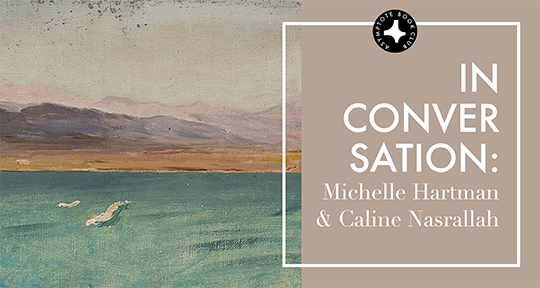You and I, self and the other—it is the oldest, simplest difference we know. At a time of flooding across the world, from India to the US, the writers of our Fall 2024 issue call attention to physical and social separation, to the rushing waters that pull us apart, rendering us #Outsiders to one another. In exploration of this theme, we proudly bring you new work from 32 countries, including drama from Norwegian Nobel Laureate Jon Fosse, an interview with exiled Russian author Mikhail Shishkin, a review of French icon Simone de Beauvoir’s latest English publication, nonfiction by Omani writer Hamoud Saud, a spotlight on Brazilian artist André Griffo, and, for our final Brave New World Literature entry, a moving essay by the recently announced US National Book Award nominee the Kuwaiti author Bothayna Al-Essa. One year on from October 7th, Al-Essa confronts the limits of literary activism as she reflects on her video calls with a Gazan colleague: “Did I expect a person besieged in an open prison since 2006 to rejoice at the sight of a shelf of books?” In another highlight, German-Ukrainian writer Natascha Wodin’s narrator resuscitates her drowned mother, trying to fathom her across the gulf of time even as she pictures the Regnitz river washing her away. Meanwhile, Swiss poet Prisca Agustoni and Moroccan author Khalid Lyamlahy confront another kind of drowning—that of modern day migrants in search of a better life—in particular, the 269 lives lost to the sea around Lampedusa in a shipwreck, the news of which lights up Agustoni’s phone, and the death of a Gambian Lyamlahy never got to know: “I dream of a book that would contain all the words refused you, all the silences imposed on you. A book where the word ‘help’ is constantly repeated, in which the author would fade from each line, each fragment, to give you back the space denied you in life.”

Lyamlahy’s feat of empathetic imagination leads off this edition’s wildcard Special Feature, first announced on August 15th. By the time submissions closed one month later, anti-migrant rhetoric in the US had hit a new low with Trump repeating baseless claims of Haitians “eating cats and dogs” in his presidential debate. So, although we received more than one hundred manuscripts spotlighting every stripe of outsider, we decided to carve out space for the racial/national “other” so often denigrated in politics. From Cuban author Odette Casamayor-Cisnero drawing courage from her great-great-grandmother and taking a fiery stand against racism (“I’m done with running away”) to Croatian writer Nebojša Lujanović’s nuanced portrayal of a migrant who cannot bring himself to enunciate his full name for fear of outing himself to other members of his newly chosen community, the myriad voices showcased in this Feature are resounding proof of the struggle and humanity of those we as a society are so eager to condemn to the margins. All of this is illustrated by Spain-based guest artist Anastassia Tretiakova’s haunting photography.
As a magazine that does not receive ongoing institutional support because of our own outsider status—as elaborated in the Fall 2022 issue’s Editor’s Note—Asymptote counts on readers to sustain its mission more than most. If you think this “global literary miracle” (according to Dubravka Ugrešić) deserves to continue, please take a few minutes to sign up as a sustaining or masthead member today. (Interested in joining us behind the scenes instead? Our final recruitment drive of the year closes in four days!) Thank you for your readership and support. We can’t wait to see what 2025 brings!





